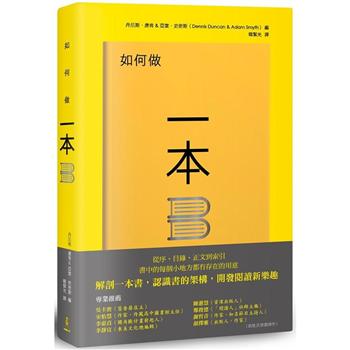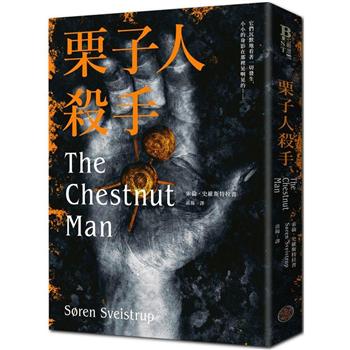In the research project presented in this book, an innovative type of fibre concrete is developed, which improved both the tensile strength and the ductility: the Hybrid-Fibre Concrete (HFC). The expression 'hybrid' refers to the 'hybridisation' of fibres: short and long steel fibres were combined together in one concrete mixture. This is the contrary of conventional steel fibre concretes, which contain only one type of fibre. The basic goal of combining short and long fibres is to improve the tensile strength by the action of short fibres on the one hand and on the other hand to improve the ductility by the action of long fibres. In this research project all important aspects needed for the development and application of HFC have been considered. A total of fifteen mixtures, with different types and amounts of steel fibres were developed and tested in the fresh state (workability) as well as in the hardened state (uniaxial tensile tests, flexural tests, pullout tests of single fibres and compressive tests). A new analytical model for the bridging of cracks by fibres was developed and successfully implemented for tensile softening response of HFC. Finally, the utilisation of HFC in the engineering practice was discussed, including a case-study on light prestressed long-span beams made of HFC.
| FindBook |
|
有 14 項符合
Markovic的圖書,這是第 2 頁 |
 |
$ 2550 | High-Performance Hybrid-Fibre Concrete: Development and Utilisation
作者:Markovic 出版社:IOS Press 出版日期:2006-01-01 語言:英文 規格:平裝 / 232頁 / 24.4 x 17 x 1.3 cm / 普通級  看圖書介紹 看圖書介紹
|
 |
$ 1840 電子書 | Impact of Globalization on Organizational Culture, Behaviour and Gender Role
作者:Mirjana Radović-Marković |
|
|
圖書介紹 - 資料來源:博客來 評分:
圖書名稱:High-Performance Hybrid-Fibre Concrete: Development and Utilisation
|











